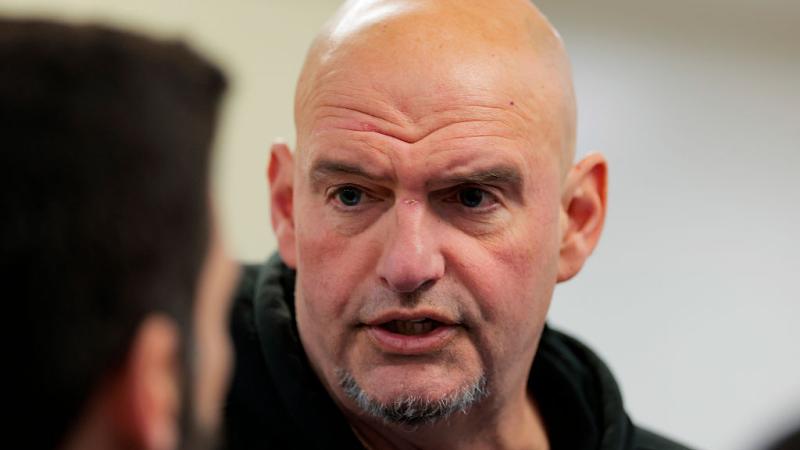Michael Fumento on the recent history of medical alarmism
'The public health service rewards people who are grotesquely wrong.'
Michael Fumento sees echoes of the 1980s AIDS crisis in the current coronavirus pandemic.
Not because the two diseases are similar in their pathologies. Rather, the author notes that the public health responses to both outbreaks have striking similarities: Namely, that public health officials have resorted to grim predictions of sky-high body counts and once-in-a-generation public health crises, even when the truth is obviously less dire than that.
Fumento, an author and journalist, became known for his work in the late 1980s and early 1990s in which he pushed back against the growing claims that AIDS would soon be a crisis for average heterosexual men and women. Public health officials and media outlets at the time predicted that, as one headline put it, "The disease of them is suddenly the disease of us."
"AIDS never shifted," Fumento said in a podcast interview for John Solomon Reports. "It was always a disease, essentially, of gay men, of IV drug users, and initially people who received blood transfusions or hemophiliacs."
Yet "public opinion, the media, the public health services, they all did shift," Fumento said. "They were all desperate to convince us that ‘AIDS doesn’t discriminate.'"
AIDS at its peak in the United States was largely a disease confined to a narrow range of demographics, though the illness has been notably more prevalent in sub-Saharan Africa. Health researchers suggest that the region's more lax attitudes toward multiple sexual partners have likely played a role in its significant spread there.
Yet those patterns never really came to bear in the U.S., even as health officials in the 1980s and 1990s warned that AIDS was on the verge of breaking out among the general population.
“There are echoes of that with COVID-19," Fumento said.
Despite its being "a disease that overwhelmingly discriminates" against "really old people, often 80 and above, who have comorbid conditions," Fumento continued, "we’re told, ‘We’re all in this together.’ It’s really bringing back flashbacks of AIDS going back to 1987."
Fumento said that Robert Redfield, now the director of the Centers for Disease Control and Prevention, once estimated that the chance of getting aids between a male and a female having sex could be 50% per contact.
"I don’t think it’s coincidence that that totally irresponsible guy later was promoted to the head of the Centers for Disease Control," Fumento said. "That’s how he got promoted — through being an alarmist. That’s basically how you move up the ladder in today’s public health system."
For the article on which the podcast interview with Michael Fumento was based, Fumento sought comment from the CDC through its media office, but never received a substantive response.
One scientist at the time of the AIDS crisis made a grim prediction that individuals could give each other AIDS simply by casual contact in households. That scientist, Dr. Anthony Fauci, now heads the White House's coronavirus task force.
"The rewards really are in one direction," Fumento said of the public health sector. He cited Neil Ferguson, the British scientist famous for his estimate in March of this year that millions of people could die from the coronavirus in the U.K. and the United States.
"It helps to know," Fumento said, "that Ferguson, decades earlier, also predicted as many as 50,000 deaths from mad cow disease. There were about 200. And he predicted of couple of million deaths from avian flu, and there were 400."
Remarking on alternatives to the doomsday models that have saturated the official response to the coronavirus pandemic, Fumento pointed to Farr's Law. That law, named after 19th century British epidemiologist William Farr, "dictates that any epidemic — smallpox, SARS, COVID — starts out at a steep rate, and then it slows, and then it peaks, and then it declines. It’s more or less a symmetrical bell curve. It’s been going on throughout human history."
Yet Fumento expressed pessimism about the future of public health experts and their ability to appropriately inform the public about outbreaks such as this one.
"The public health service rewards people who are grotesquely wrong, so long as they are grotesquely wrong in the right direction — that is, alarmism, scaring the crap out of innocent human beings," he said.















